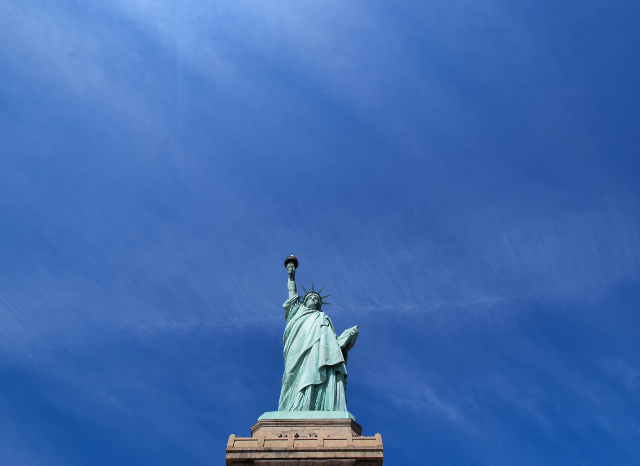
- The push to break up Big Tech, explained
A few years back, for example, Amazon essentially monopolized the market for e-books. Major book publishers fought back by teaming up to take on the bigger company and the Justice Department filed an antitrust suit against them. Why? Well, Amazon was using its power in the marketplace to keep e-book prices low. The publishers, the government argued, were trying to form a cartel to force Amazon to raise prices. And, indeed, even though the publishers ended up settling with the government, the introduction of more competition into the e-book marketplace (primarily from Apple) has had the impact of making e-books more expensive than they were when Amazon ruled the roost. The standard, in other words, isn’t that one company dominating a market is bad. It’s that it’s bad if a company’s market domination leads to bad outcomes for consumers.
Back to Facebook and Instagram. At the time, few observers saw how significant this deal was. But technology industry analyst Ben Thompson told the Code Conference audience last year that allowing this acquisition was “the greatest regulatory failure of the last 10 years” by allowing Facebook to entrench its dominance of social media. Yet under the contemporary antitrust framework, one might argue there’s no harm to consumers here — Facebook and Instagram are both free, so there’s after all no increase in prices. Yes, the fact that the combined entity is such an advertising juggernaut, pulling in $17 billion last quarter, is a big problem for other companies trying to sell ads (such as publishing companies that use ad revenue to fund actual journalism, for example) — but that’s not necessarily a problem for consumers.
https://www.vox.com/recode/2019/5/3/18520703/big-tech-break-up-explained
- Facebook Faces a Big Penalty, but Regulators Are Split Over How Big
The F.T.C.’s five commissioners agreed months ago that they wanted to pursue a historic penalty that would show the agency’s teeth. But now, the members are split on the size and scope of the tech company’s punishment, according to three people with knowledge of the talks who spoke on the condition of anonymity.
The division is complicating the final days of the talks.
Along with disagreement about the appropriate financial penalty, one of the most contentious undercurrents throughout the negotiations has been the degree to which Mark Zuckerberg, Facebook’s chief executive, should be held personally liable for any violation of a 2011 agreement, according to two of the people.
https://www.nytimes.com/2019/05/04/technology/federal-trade-commission-facebook-mark-zuckerberg.html
- ‘Resulting’: Don’t mistake a bad outcome for a bad decision
- Ajit Pai admits FCC got broadband growth figures wrong
The impressive broadband growth numbers the FCC reported in February were actually off by millions, and now the agency has admitted in a revised draft that its figures were indeed inflated. It was advocacy group Free Press that originally revealed (PDF) the inaccuracy in March, though commission chief Ajit Pai didn’t even mention its role in the discovery. The organization found that a new ISP called BarrierFree falsely told the FCC that it has started serving 20 percent of the country just six months after it opened.
That mistake led the agency to announce that the number of Americans lacking access to a fixed broadband connection was down to 19.4 million by the end of 2017 from 26.1 million the year before. Turns out, the correct figure is 21.3 million — a big difference, for sure, but not big enough for Pai to backpedal on his declaration that the changes he implemented led to massive broadband growth.
https://www.engadget.com/2019/05/02/ajit-pai-fcc-broadband-growth-figures-error/
- ‘996’ Is China’s Version of Hustle Culture. Tech Workers Are Sick of It.
Across the different groups, the basic strategy is to push, but not so hard that the Chinese government feels compelled to react.
That means no strikes and no demonstrations. In one group on the messaging app Telegram, references to Marx and Lenin are forbidden. The philosophies of communism’s leading lights often run contrary to the way China is run today. The government cracked down against a labor rights movement in the tech hub of Shenzhen this year.
Instead of sit-ins, the tech workers are harnessing the power of memes, stickers and T-shirts. Some have pushed for a holiday to celebrate beleaguered software engineers. Mr. Zhuge is rallying workers to mail paper copies of China’s labor law to Mr. Ma of Alibaba.
https://www.nytimes.com/2019/04/29/technology/china-996-jack-ma.html
Photo by Benjamin Combs on Unsplash






